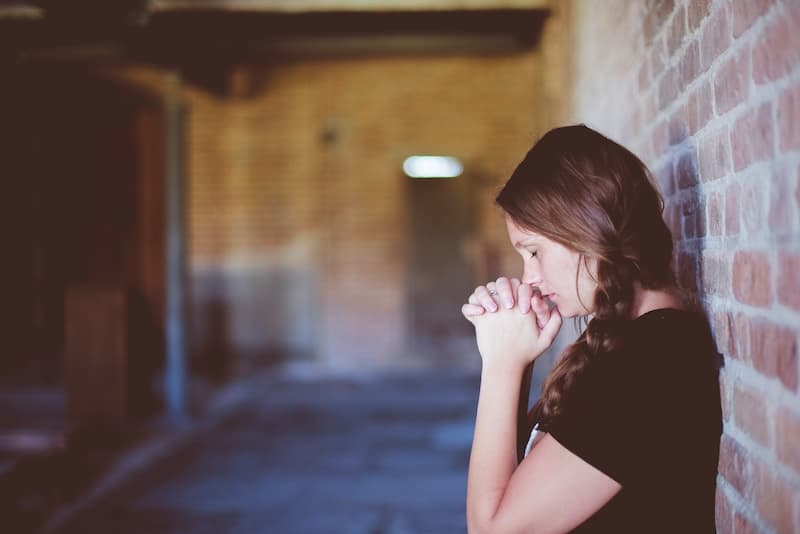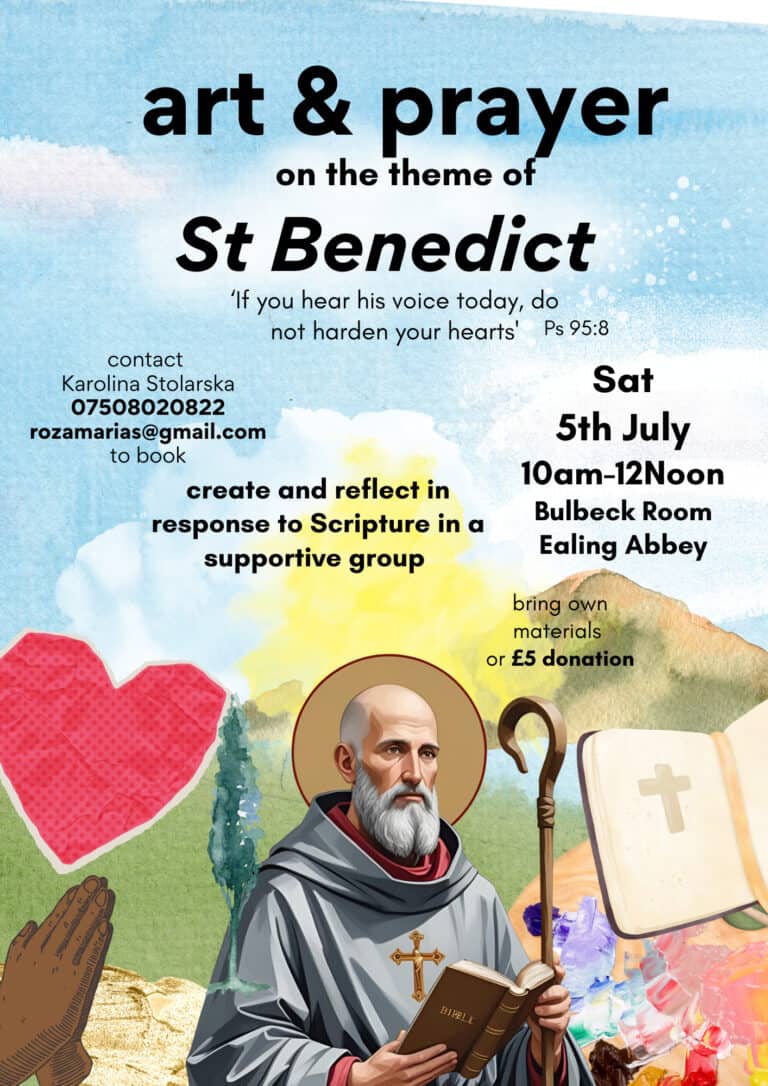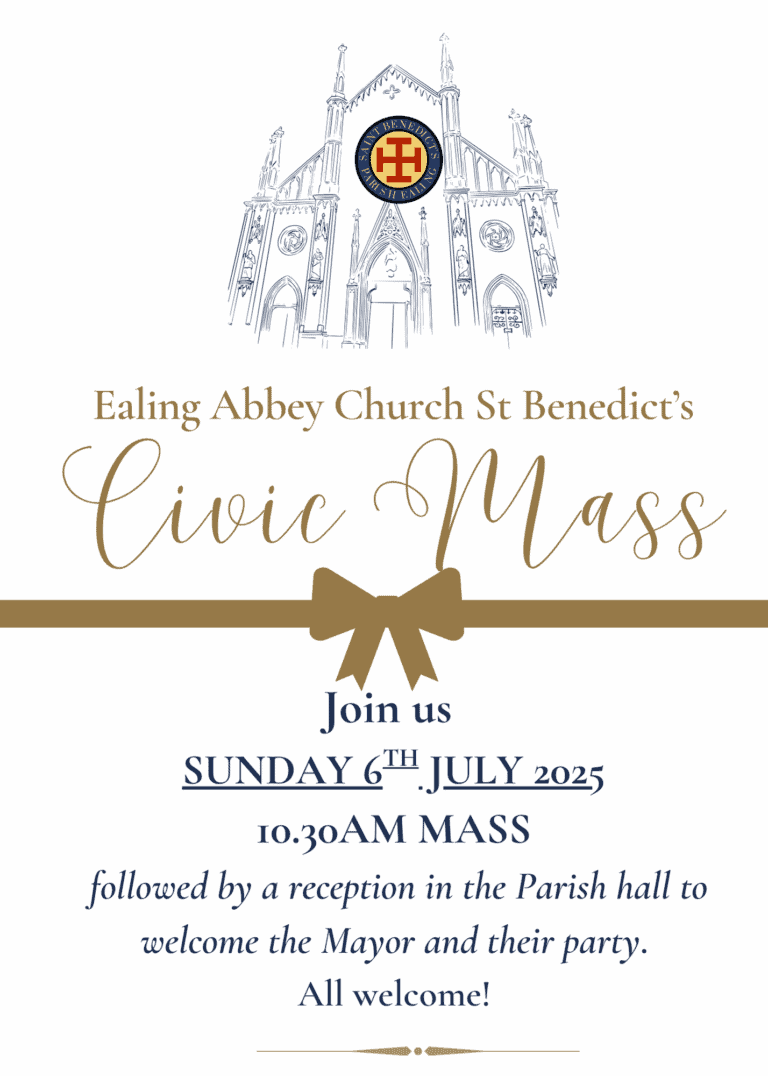Dear Parishioner,
As I write, the horror that was October 7 and its ongoing aftermath continues to dominate our TVs and print media. Somewhere in the midst of this nightmare lie hugely complex and at times conflicting principles and beliefs and, as a result, some very painful questions.
One of those questions is what kind of God are we then dealing with where so much suffering is inflicted in his name. Perhaps part of the resolution may be at least hinted at in our first reading from Genesis which tells the story of the ‘aqedah’ or ‘binding’ of Isaac. By way of leading us in to the story, we have the scenario of an old man and an old woman, Abraham and Sarah, standing at the beginning of Israel’s faith, praying in their old age for a son whom they would go on to call Isaac, meaning ‘laughter’. There is some irony in that Judaism, Islam and Christianity are often referred to as Abrahamic religions because each recognises Abraham as Patriarch.
In our story Abraham is asked to make a burnt offering of his son, as a test of faith. The word used is olah which can be translated simply as holocaust. This then, as one writer describes it, is the ultimate act of child abuse. Ouch! Abraham goes along with it, apparently saying nothing to Sarah, but seems prepared to burn the life out of his only son and future hope who now lies bound on a makeshift altar in front of him. This then begs the question as to whether innocent people are always the casualty of other people’s commitment to a cause? In response to the statement that Abraham’s suffering may have been good for him the Romanian holocaust survivor Elie Wiesel who died in 2016 noted: the idea that suffering is good for Jews is one that owes its popularity to our enemies…..I have never really been able to accept the idea that inhumanity could be one more way for man to move closer to God.
So rather than seeing in this story of the aqedah an image of God which is in many respects perverse, the writer is offering an instruction that God is not in fact pleased with human sacrifice. It might appear to be the case that he is pleased with it but it turns out that God actually abolishes such practice in a society and time when it was perhaps more commonplace than we care to imagine. Animal sacrifice then replaces human sacrifice, just as animal sacrifice is itself is later replaced with bread and wine. But there is a problem: in his letter to the Romans Paul quite clearly says that ‘God did not spare his only son but gave him up for us all.’ So are we back to the bad old days, only this time with no redeeming angel? The risk of letting go, as every parent knows, is that we allow our children to enter fully into the human condition as the Father did with the Son, even to the point of death. The event on Golgotha however is not the consequence of an uncaring Father, rather the consequence of a Son’s way of loving.





